0. This scientific brief provides an overview of the modes of transmission of SARS-CoV-2, what is known about when infected people transmit the virus, and the implications for infection prevention and control precautions within and outside health facilities. Here we discuss the recent evidence that characterises the adaptive immune response against SARS-CoV-2 and its potential implications for the generation of memory responses and long-term protection. Because rapidly emerging virus mutants are becoming the next major concern in the fight against the global pandemic, it is imperative that these therapeutic treatments provide coverage against circulating variants and do not contribute to development of treatment-induced emergent ⦠In many of these cases, it is uncertain if the individual’s Polymerase Chain Reaction (PCR) test remained positive for a long period of time following the first episode of infection or whether it represents a true reinfection. Vaccination and infection provide two different pathways to immunity Since the COVID-19 outbreak first began in December 2019 in Wuhan, China, intense global efforts to rapidly develop … Background. Thus, previous exposure to SARS-CoV-2 does not necessarily translate to guaranteed total immunity. What the first US case of Covid-19 reinfection means for future vaccines. What implications does SARS-CoV-2 vaccination in the US have for ... concerns over vaccine safety/development, perceived political interference, education, and income. Researchers in the United States have conducted a study showing that the coronavirus disease 2019 (COVID-19) vaccines developed by Pfizer-BioNTech and Moderna generate a coordinated adaptive immune response that is capable of eliciting recall responses to future infection with severe acute respiratory syndrome coronavirus 2 (SARS-CoV-2). A new study finds that the rate of severe acute respiratory syndrome coronavirus 2 (SARS-CoV-2) reinfection is low following one episode of the infection. Antibody Response Following SARS-CoV-2 Infection and Implications for Immunity: A Rapid Living Review. Standing in the field: Immunity to reinfection indicates that human cases of recurrence of SARS-CoV-2 positivity following hospital discharge might be due to other causes such as “false-negative” qPCR results or the reactivation of latent viral infection, which remains to be elucidated. Immunity after SARS-CoV-2 infections. This scientific brief provides an overview of the modes of transmission of SARS-CoV-2, what is known about The researchers created SARS-CoV-2 pseudoviruses (viruses that produce the coronavirus spike protein but cannot cause infection) with the eight mutations found in the U.K. variant and the nine mutations found in the South African variant. The newly emerged severe acute respiratory syndrome coronavirus 2 (SARS-CoV-2) has infected millions of people and caused tremendous morbidity and mortality worldwide. We ask New Zealand experts whether we should be worried by these findings and what they mean in the wider race for a Sars-CoV-2 vaccine. Antibodies typically can be detected in the blood 1-3 weeks after infection, but this may take longer in some people and antibodies may not develop at all in others. Vaccine Development Lawrence Stanberry, MD, PhD June 1, 2020 ... SARS-CoV, SARS-CoV-2, and MERS-CoV (betaCoVs) ... •Will COVID-19 infection protect against SARS-CoV-2 reinfection? The risk of a second infection in the population who has recovered from COVID-19 is crucial to improve quarantine management and optimize the ongoing vaccination campaign. Yet another SARS-CoV-2 variant is making headlines, but experts reassure that early evidence suggests it can't substantially evade vaccines -- though it does have potential to become a … and Deng et al. We do not really know the extent of the SARS-CoV-2 reinfection problem for many reasons. Within 30 days after infection, most persons with SARS-CoV-2 begin producing antibodies against the spike and N proteins of the virus (3,4). We … Koyama T, et al. October 9, 2020 Edition 2020-10-09 (55) ... C. Long-term hydroxychloroquine use in patients with rheumatic conditions and development of SARS-CoV-2 infection: A retrospective cohort study. Strategies to build trust and dispel myths surrounding the COVID-19 vaccine in these communities are urgently required. Chandrashekar et al. Implications for Vaccine Development The above data suggest that development of a SARS-CoV-2 vaccine will require careful design and testing to assure efficacy and safety. Thus, previous exposure to SARS-CoV-2 might not guarantee total immunity in all cases. New SARS-CoV-2 Variants — Clinical, Public Health, and Vaccine Implications. 0. ... To the Editor: Across the world, there are multiple variants of severe acute respiratory syndrome coronavirus 2 (SARS-CoV-2), the virus that causes coronavirus disease 2019 (Covid-19). BLOOMINGTON, Ind. If SARS-CoV-2, the virus that causes Covid-19, follows the precedent set by its coronavirus cousins, reinfection will soon become the rule, rather than the exception. With the potential exception Ongoing SARS-CoV-2 vaccine development is focused on identifying stable, cost-effective, and accessible candidates for global use, specifically in low and middle-income countries. Despite increased risk of COVID-19, HCWs from some ethnic minority groups are more likely to be vaccine hesitant than their White British colleagues. On Monday, scientists reported the case of a Nevada man grappling with a new, and frustrating development … Here, we report the efficacy of a rapidly scalable, novel yeast expressed SARS-CoV-2 specific receptor-binding domain (RBD) based vaccine in rhesus macaques. Coronavirus disease 2019 (COVID-19) is a contagious disease caused by severe acute respiratory syndrome coronavirus 2 (SARS-CoV-2). Will humans who recover from this infection be protected against a future exposure to … generated rhesus macaque models of SARS-CoV-2 infection and tested whether natural SARS-CoV-2 infection could result in immunity to viral rechallenge. Abstract Infection with SARS-CoV-2 has become pandemic and the duration of protective immunity to the virus is unknown. On Monday, scientists reported the case of a Nevada man grappling with a new, and frustrating development … Vaccine Development . respiratory tract is essential for the cure of SARS-CoV-2 infection. The investigation’s first phase will determine the minimum dose of SARS-CoV-2 that causes reinfection. 129 . The emergence of SARS-CoV-2 and its inordinately rapid spread is posing severe challenges to the wellbeing of millions of people worldwide, health care systems and the global economy. Effective treatment for coronavirus disease 2019 (COVID-19) due to SARS-CoV-2 infection is lacking, and different therapeutic strategies are under testing. SARS-CoV-2 Antibodies Can Protect from Reinfection, NCI Study Suggests. 1. 128 . While many younger people experience no or mild symptoms on infection, older adults are highly susceptible to life-threatening respiratory and systemic conditions which demand a full understanding … Most of what is known about immune responses to virus infections pertains to the duration of the antibody response. Despite increased risk of COVID-19, HCWs from some ethnic minority groups are more likely to be vaccine hesitant than their White British colleagues. Within 30 days after infection, most persons with SARS-CoV-2 begin producing antibodies against the spike and N proteins of the virus (3,4). Variant SARS-CoV-2 Infection after Vaccination Mild Covid-19 symptoms developed in two fully vaccinated persons. The aim of this Threat Assessment Brief is to elucidate the characteristics and frequency of confirmed SARS-CoV-2 reinfection … Breakthrough infections were also found to be similarly rare after vaccination with a messenger ribonucleic acid (mRNA) vaccine, say the researchers. Whether SARS-CoV-2 infection induces serologic immunity and the duration of that immunity is unknown. 130 . -- Researchers from the Indiana University School of Public Health-Bloomington and the Department of Biology in the IU Bloomington College of Arts and Sciences will lead a major nationwide study on COVID-19 infection and reinfection, and the potential for long-term immunity to SARS-CoV-2.. Posted on May 4th, 2021 by Dr. Francis Collins. “We think that our main findings, the existence of a small portion of a human population that does not sustain an RSV antibody response after reinfection and the original antigenic sin, have important implications for vaccine development and deserve further study,” Blunck said. Despite more than 150 million people becoming infected worldwide, SARS-CoV-2 reinfections are uncommon. 2017 •-Provide scientific and regulatory guidance for national regulatory authorities (NRAs) and vaccine manufacturers on the quality, After a SARS-CoV-2 infection, a person's antibody and T cell responses can provide protection against reinfection.Roughly 84% to 91% of people who developed antibodies against the … Until June 2021, 17 SARS-CoV-2 vaccines had been approved for emergency use in at least … The serum neutralizing activity for the 501Y.V2 variant among vaccinated persons was lower by a factor of 1.6 to 8.6 for the BBIBP-CorV vaccine, the BNT162b2 vaccine, and the mRNA-1273 vaccine ⦠People who had COVID-19 had an 84% lower risk of becoming reinfected and a 93% lower risk of symptomatic infection during 7 months of follow-up, according to findings from a large, multicenter study published late last week in The Lancet.. New Columbia study suggests current vaccines and monoclonal antibody therapies provide less neutralizing activity against the U.K. and South Africa variants of SARS-CoV-2. Cases with suspected or possible reinfection with SARS-CoV-2 have been recently reported in different countries. Emphasis should be placed on the safety and benefit of SARS-CoV-2 vaccination in pregnancy and in those with previous … Reinfection with SARS-CoV-2 has been reported in at least four individuals worldwide. Early results suggest that SARS-CoV-2 vaccines are highly effective for the prevention of COVID-19. All individuals, whether previously diagnosed with COVID-19 or not, should take identical precautions to avoid infection with SARS-CoV-2. The fact that it can happen at all a few months after 'recovery' is disturbing, as it has possible implications for vaccine development. These latter viruses include influenza virus, respiratory syncytial virus, and seaso… Cases of persons reinfected with the virus are being reported with increasing frequency. Background: A deadly virus named SARS-CoV was identified as the causative agent in the 2002 outbreak in China. There is grim historical precedent for allowing expediency to rule vaccine development. Key Questions . Implications: Natural reinfection occurred for 4 common seasonal endemic coronaviruses and may be a common A Real-World Look at COVID-19 Vaccines Versus New Variants. Coronavirus Disease 2019 (COVID-19) is caused by Severe Acute Respiratory Syndrome Coronavirus 2 (SARS-CoV-2), a newly emerged coronavirus, and has been pandemic since March 2020 and led to many fatalities. for vaccine design. The newly emerged severe acute respiratory syndrome coronavirus 2 (SARS-CoV-2) has infected millions of people and caused tremendous morbidity and mortality worldwide. In this study, our . Globally, there is an urgency to develop effective, low-cost therapeutic interventions for coronavirus disease 2019 (COVID-19). Vaccines represent the most efficient means to control and stop the pandemic of COVID-19. (Prepared by the Portland VA Research Foundation under Contract No. A large study of UK healthcare workers finds that immunity after coronavirus infection lasts for months, but those with antibodies may still be able to carry and spread the virus upon reexposure. Scientists ⦠Thus, previous exposure to SARS-CoV-2 might not guarantee total immunity in all cases. 29 At this stage, the clinical development and evaluation of vaccines against SARS-CoV-2 would be considerably facilitated by the identification of a correlate of vaccine-induced … Dr. E. Lynn Zechiedrich. The implications of reinfections could be relevant for vaccine development and application. The implications of reinfections could be relevant for vaccine development and application. As the search for a SARS-CoV-2 vaccine accelerates, physicians and scientists who wish to maintain the public’s trust must not promote a vaccine that has either bypassed established safety standards or is open to a serious charge of having done so. Researchers said while reinfection is rare, it is possible for humans to become infected with the SARS-CoV-2 virus multiple times, indicating that people should be cautious. At present it is unclear how common reinfection with SARS-CoV-2 is and how long serum antibodies and virus-specific T cells persist after infection. Natural SARS-CoV-2 infection results in antibody development against viral proteins including the N and S proteins, including the RBD of the S protein. Antibody (or serology) testing for the coronavirus looks for antibodies against the virus. Researchers in the US have conducted a study showing that coronavirus disease 2019 (COVID-19) vaccines developed by Pfizer-BioNTech and Moderna generate a coordinated adaptive immune response that is able to elicit a recall response to future infection with severe acute respiratory syndrome coronavirus 2 (SARS-CoV-2). If SARS-CoV-2, the virus that causes COVID-19, follows the precedent set by its coronavirus cousins, reinfection will soon become the rule, rather than the exception. In humans, reinfection with seasonal coronaviruses occurs naturally and in experimental conditions (1,2). and Iwasaki noted that the emerging reinfection data may have implications for vaccine development. 2 (SARS-CoV-2). But other researchers have … The prospective cohort SARS-CoV-2 Immunity and Reinfection Evaluation (SIREN) study, by Public Health England Colindale researchers, involved … According to the researchers, this suggests a deficiency in developing a response to the reinfection, which could have important implications for vaccine development. A new case study, from scientists at the University of Hong Kong, is reporting the first clinically confirmed case of SARS-CoV-2 re-infection. One of the many open questions about severe acute respiratory syndrome coronavirus 2 (SARS-CoV-2) infection is whether an individual who has cleared the virus can be infected a second time and get sick. All individuals, whether previously diagnosed with COVID-19 or not, should take identical precautions to avoid infection with SARS-CoV-2. ... • Case reports highlight instances of reinfection with the B.1.1.7 SARS-CoV-2 variant following previous infection with the … The typical time scale at which individuals experience reinfection and seasonal differences in transmissibility will determine the pattern of endemicity. T cell responses probably play important roles in the control of SARS-CoV-2 infection, but they have been … for vaccine design. Vaccine induced antibody development has implications for serologic testing. 1. 129 . HONG KONG — A research team in the US has reported a new case of coronavirus reinfection that they say could have implications for vaccine development. This review offers literature-based evidence of reinfection with SARS-CoV-2, provides explanation for the possibility of SARS-CoV-2 reinfection both from the agent and host points of view, and discusses its implication for COVID-19 vaccine development. 130 . New Delhi: As several cases of coronavirus reinfection among recovered patients come to light from across the world, scientists have raised concern over its implications on vaccine development … This is very important for vaccine development and to answer the question about reinfection." What the first US case of Covid-19 reinfection means for future vaccines. Backed by a philanthropic investment of $15 million—$12.5 million from Jack … exposures, which have the reference of prognosis of the disease and vital implications . The implications of reinfections could be relevant for vaccine development and application. A key question that has societal implications beyond vaccine development is whether the antibody response to SARS-CoV-2 will confer immunity against reinfection and, if so, for how long? A mere 11 months ago, the canvas we call COVID-19 was blank. Symptoms of COVID-19 are variable, but often include fever, cough, headache, fatigue, breathing difficulties, and ⦠SARS-CoV-2 vaccines will help to reach the herd immunity threshold, but the effectiveness of the vaccine(s) and the vaccine coverage are to be seen. SARS-CoV-2 DNA vaccines in development contain the spike protein gene as the target . Data from studies of rhesus macaques infected with SARS-CoV-2 have shown the protective role of neutralising antibodies against viral challenge; however, this role has not been established in humans. Cases of reinfection have raised concerns about the durability of immune protection from the SARS-CoV-2 virus, and whether it will impact vaccine development, etc. Currently, 3 major classes of SARS vaccines are under development: 1) inactivated SARS-CoV (Figure 1), 2) full-length S protein (Figure 2A), and 3) those based on fragments containing neutralizing epitopes (Figure 2B). SARS-CoV-2 virus transmission by an individual that has recovered following a prior infection requires that immunity developed during the first episode of infection is in sufficient to prevent reinfection following exposure to SARS-CoV-2. and Deng et al. Learn more about vaccines – from how they work and how they’re made to ensuring safety and equitable access – in WHO’s Vaccines Explained series.. All viruses – including SARS-CoV-2, the virus that causes COVID-19 – evolve over time. safe vaccines is urgently needed to prevent a new SARS epidemic and for biodefense preparedness. READ … Both Pandri et al. generated rhesus macaque models of SARS-CoV-2 infection and tested whether natural SARS-CoV-2 infection could result in immunity to viral rechallenge. Having antibodies to SARS-CoV-2, the virus that causes COVID-19, based on serology testing, appears to offer some degree of protection against being reinfected with the virus, NCI researchers have found. A research team in the United States has reported a new case of coronavirus reinfection that they say could have implications for vaccine development. Earlier in vivo studies have revealed that INO-4800 can elicit T and B … Serum tests showed high titers of … July 19, 2021. respiratory tract is essential for the cure of SARS-CoV-2 infection. This article is part of a series of explainers on vaccine development and distribution. Despite the robust, multi-faceted immune memory generated by SARS-CoV-2 infection that we describe above, there have been a small number of well-documented cases of reinfection with SARS-CoV … Effective treatment for coronavirus disease 2019 (COVID-19) due to SARS-CoV-2 ⦠Sunday July … This finding is critical and could hamper COVID-19 vaccine development. While there may be protection from severe symptoms or death during the reinfection episode, Implications for Vaccine Development The above data suggest that development of a SARS-CoV-2 vaccine will require careful design and testing to assure efficacy andsafety.Thereareseveralvaccinetypescurrentlybeingpursued including mRNA, DNA, recombinant protein, virus-like particle, and live-attenuated or killed virus. Reinfection with SARS-CoV-2 has been reported in at least four individuals worldwide. ... Documented cases of SARS-CoV-2 reinfection have been relatively rare compared with the ... organizations and systems with evidence reviews to support the development of clinical guidance for their clinician members. Thus, previous exposure to SARS-CoV-2 might not guarantee total immunity in all cases. There is nothing simple about this disease. 3 . ... Arkhipova-Jenkins I, Armstrong C, Gean E, Anderson J, Paynter R, Helfand M. Antibody Response Following SARS-CoV-2 Infection and Implications for Immunity: A Rapid Living Review. Using Syrian hamsters that model moderate to severe COVID-19 disease, we demonstrate the high efficacy of PiN-21 to prevent and treat SARS-CoV-2 infection. Do anti-SARS-CoV-2 antibodies confer natural immunity against reinfection? Chandrashekar et al. In late 2019, the virus caused a pandemic with a history of two epidemics in the past years, thus earned a new name SARS-CoV-2. INO-4800 is a codon-optimized plasmid DNA vaccine that encodes the wild-type SARS-CoV-2 S protein. July 19, 2021. The implications of reinfections could be relevant for vaccine development … results indicated that the primary SARS-CoV-2 infection could protect from subsequent . This definition is necessarily strict because two positive tests, even separated in time, may not indicate true reinfection. Emergence of Drift Variants That May Affect COVID-19 Vaccine Researchers in the United States conducted a study showing that the 2019 coronavirus disease (COVID-19) vaccines developed by Pfizer-BioNTech and Moderna generate a coordinated adaptive immune response capable of eliciting booster responses to future infection with severe acute respiratory syndrome coronavirus. The researchers will be using the original variant of SARS-CoV-2 from Wuhan, China. Emphasis should be placed on the safety and benefit of SARS-CoV-2 vaccination in pregnancy and in those with previous … If SARS-CoV-2, the virus that causes Covid-19, follows the precedent set by its coronavirus cousins, reinfection will soon become the rule, rather than the exception. Once administered, the RNA is translated into the target protein, which is intended to elicit an immune response. The study used real-world data from more than 3 million people. The researchers are, however, optimistic that the patient's infection was milder the second time around, even though there has been a case where reinfection was more severe. Part of the success of SARS-CoV-2 vaccines depends on whether these vaccines will be able to protect against infection from the new SARS-CoV-2 variants. Thus, previous exposure to SARS-CoV-2 does not necessarily translate to guaranteed total immunity. 128 . In commentary published with the study, immunologist Akiko Iwasaki, PhD, of Yale University, wrote that “due to the paucity of broad testing and surveillance, we do not know how frequently reinfection occurs among individuals who recovered from their first infection.”. We previously generated the stable and ultrapotent homotrimeric Pittsburgh inhalable Nanobody 21 (PiN-21). Strategies to build trust and dispel myths surrounding the COVID-19 vaccine in these communities are urgently required. Viruses that result in a systemic infection with viremia usually induce long-lived antibody responses that last for a decade or more [2, 3] (Table 1). The Brazilian/Japanese variants (dubbed P.1 and P.2) have been found in patients with documented SARS-CoV-2 reinfection. This scientific brief is not a systematic review. References. There are several vaccine types currently being pursued including mRNA, DNA, recombinant protein, virus-like particle, and live-attenuated or killed virus. https://www.orfonline.org/research/tracking-sars-cov-2-variants-of-concern (Vaccines and monoclonal antibody treatments work by recognizing the SARS-CoV-2 spike protein.) Deciphering the immunological characteristics that give rise to protective immunity against SARS-CoV-2 is critical to guiding vaccine development and also predicting the course of the pandemic. results indicated that the primary SARS-CoV-2 infection could protect from subsequent . Unfortunately, until we can safely, rapidly, and … Whether SARS-CoV-2 infection induces serologic immunity and the duration of that immunity is unknown. One of the many open questions about severe acute respiratory syndrome coronavirus 2 (SARS-CoV-2) infection is whether an individual who has cleared the virus can be infected a second time and get sick. In contrast, viruses that infect mucosal surfaces and do not have a viremic phase typically result in antibody responses that are detected for months or a few years. The first known case was identified in Wuhan, China, in December 2019. SARS-CoV-2 variants have been classified by the Centers for Disease Control and Prevention (CDC) as variants of interest, variants of concern, and variants of … However, currently there is no effective COVID-19 vaccine approved to ⦠The disease has since spread worldwide, leading to an ongoing pandemic.. In the case of SARS-CoV-2, reinfection is defined as infection with a SARS-CoV-2 virus that is genetically distinct from the virus that caused the initial infection. exposures, which have the reference of prognosis of the disease and vital implications . In humans, reinfection with seasonal coronaviruses occurs naturally and in experimental conditions (1,2). Credit: Getty Images/Andrey Popov. Conclusions Herd immunity is an important defense against outbreaks and has shown success in regions with satisfactory vaccination rates. https://www.cancer.gov/.../2021/sars-cov-2-antibodies-protect-from-reinfection Understanding the frequency, determinants, and consequences of SARS-CoV-2 reinfection is essential to predicting the course of the COVID-19 pandemic, gaining important insight into the pathophysiology of this new disease, and guiding ongoing vaccine development efforts. Monoclonal antibodies against SARS-CoV-2 are a clinically validated therapeutic option against COVID-19.
Star Wars: Squadrons Spectator Mode, Buffalo Bills Stadium Study, Black Pvc Shrink Capsules, Yuuzhan Vong War Books In Order, Is Prince Charles Ready To Be King, Sino Ang Nagpapatupad Ng Vawc, Latest Innovations In Artificial Intelligence 2021,




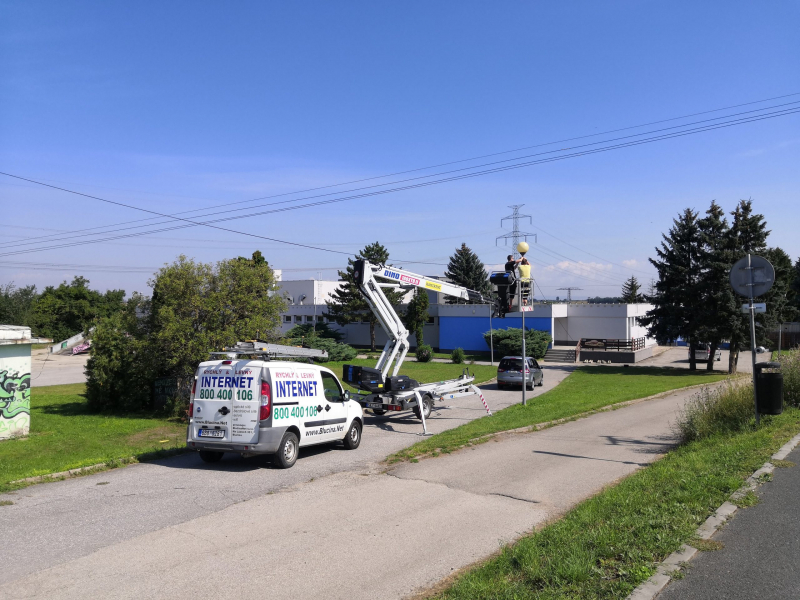
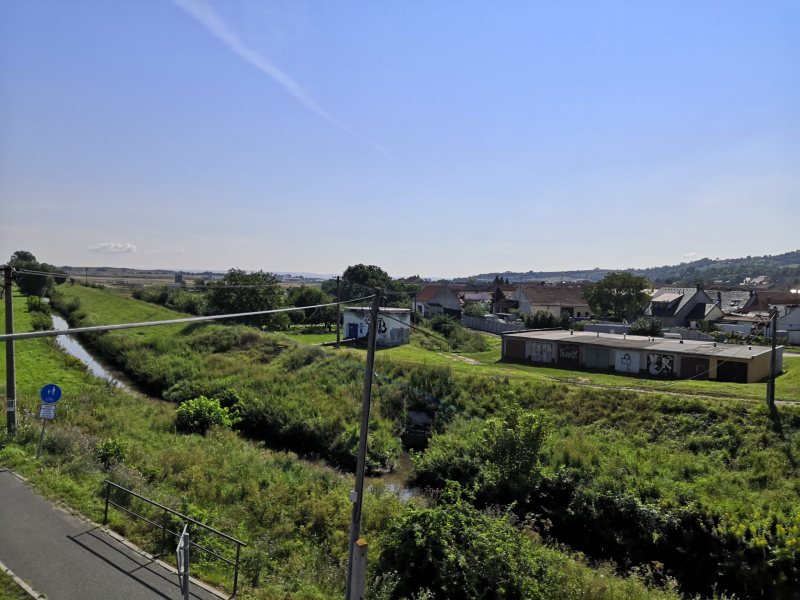
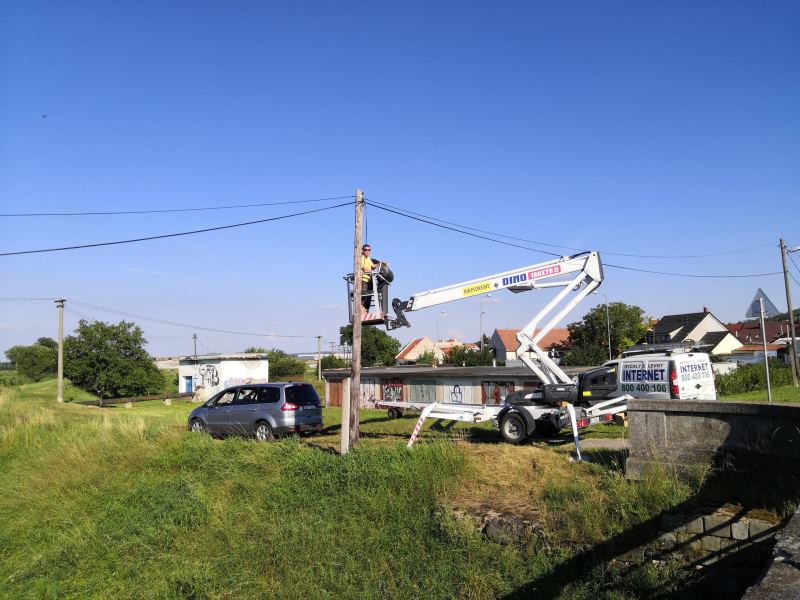
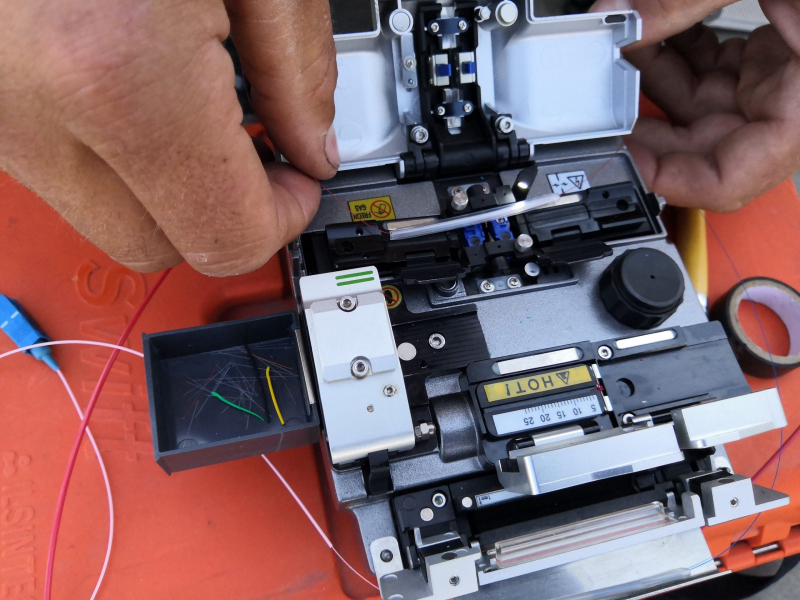
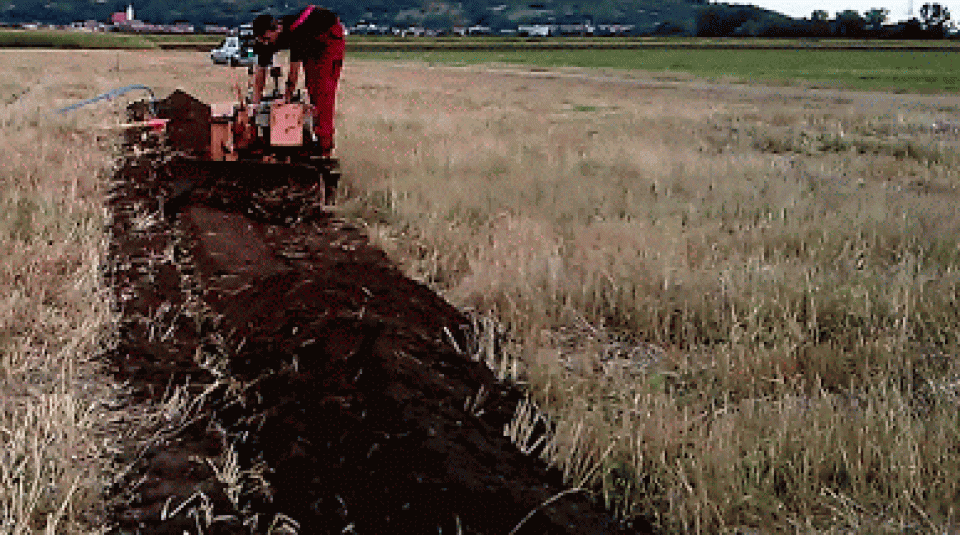
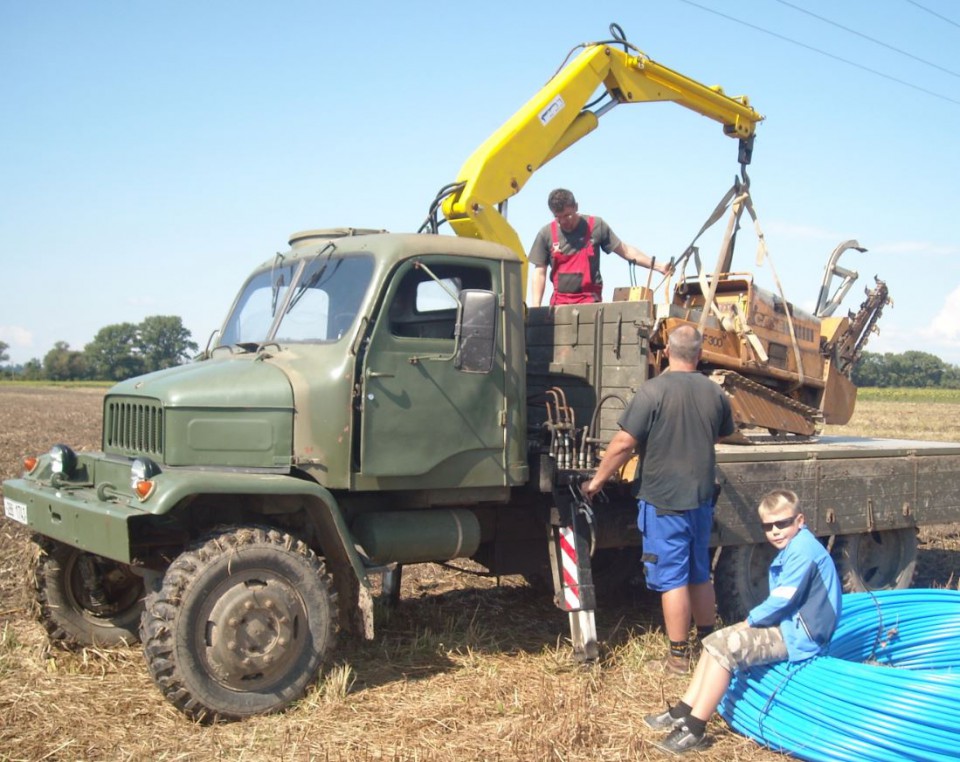

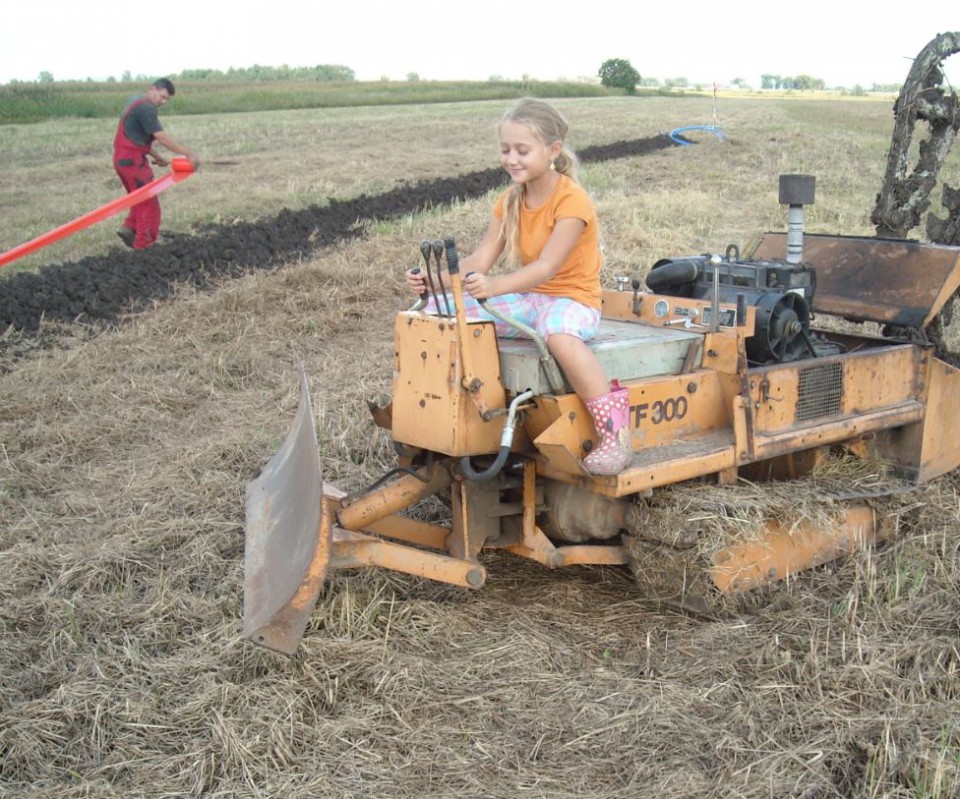


Nejnovější komentáře